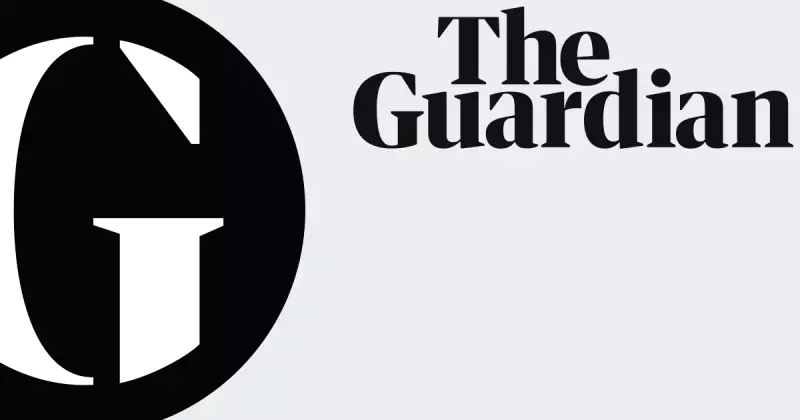
Climate campaigner Greta Thunberg has launched a stark political intervention, directly challenging Prime Minister Keir Starmer over the UK's stance on the conflict in Gaza. In a powerful public statement, the Swedish activist asserted that the Prime Minister has a clear 'legal and moral duty' to act decisively to stop what she describes as a genocide.
The remarks, made during a high-profile environmental protest in London, signify a significant moment where climate activism and international geopolitics collide. Thunberg's move places immense pressure on the Starmer government, which has faced criticism from within its own party and from voters over its position on the war.
A Convergence of Protests and Politics
Thunberg's comments emerged not in a dedicated press conference but amidst a gathering focused on fossil fuel divestment. This blending of causes highlights how the issue of Gaza has become a galvanising force across various social justice movements, threatening to overshadow other political agendas.
She pointedly criticised the UK’s ongoing arms sales to Israel, framing them as direct complicity in the violence. 'Silence is not neutral,' she declared, 'and arming a genocide makes you complicit.'
Mounting Pressure on Starmer's Government
The Prime Minister's office has been navigating a delicate balancing act since the conflict began. Starmer has faced backlash for his initial response, which was perceived by many as overly supportive of Israel's military actions.
Thunberg’s very public challenge amplifies the voices of those within the Labour party and the wider public who are demanding a much stronger line, including an immediate ceasefire and a halt to arms exports. This external pressure from a globally recognised figure adds a new layer of complexity to the government's foreign policy calculations.
The Legal Argument and Government Response
Central to Thunberg's argument is the claim that the UK government is breaching its obligations under the Genocide Convention. This legal framing moves the debate beyond political disagreement into a realm of alleged international law violations.
While the government has consistently defended its position, stating it follows a careful legal advice process, critics argue that process is flawed and lacks transparency. The government maintains that it calls for international humanitarian law to be respected and continues to push for a sustainable ceasefire, but Thunberg’s intervention underscores the growing impatience with this approach.
The standoff highlights the increasing difficulty world leaders face in managing domestic political opinion against a backdrop of complex international conflicts, where public figures like Thunberg can swiftly mobilise global attention and scrutiny.





